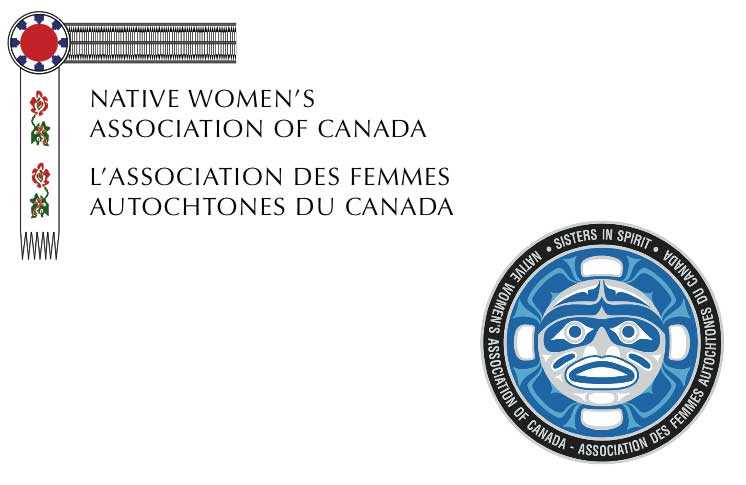- Home
- /
- NWAC Commends The Government For Introducing Legislation That Begins The Process Of Ending Sex Discrimination In The Indian Act

October 26, 2016 (Ottawa, ON) – The Native Women’s Association of Canada commends the Government for introducing legislation in the Senate yesterday that begins the extensive process of ending sex-based inequities and residual discrimination against Indigenous women and their families embedded within the Indian Act. The new Bill, An Act to Amend the Indian Act to Eliminate Sex-Based Inequities in Indian Registration, represents Stage I of the Government’s recently launched two-staged approach to end sex discrimination in the Indian Act, as it pertains to Indian status provisions and First Nations citizenship.
Both Stage I and Stage II are the Government’s response to the 2015 Superior Court of Quebec’s decision on the Descheneaux et al., v. Canada case, where the court found that sections of the Indian Act violated section 15 of the Canadian Charter of Rights and Freedoms. The court gave the Government until February 3 2017 to make the necessary legislative amendments.
“For decades, NWAC has worked on addressing sex-based discrimination against Indigenous women and girls, their families, and communities. We are pleased that the government is moving forward on this issue by introducing this important legislation. We are also encouraged that the government has acknowledged much more needs to be done with respect to membership. NWAC is looking forward to partnering with the government on these broader critical issues. We believe that this legislation is only the beginning of the process to fully ending all forms of discrimination in the Indian Act. NWAC would like to see the full implementation of Article 33 of UNDRIP, “Indigenous peoples have the right to determine their own identity or membership in accordance with their customs and traditions,”
– Francyne Joe, President
The proposed legislative amendments will directly affect Indian status registration and membership and will address “historic inequities in how men and women acquire and transmit Indian status”, with some estimates showing the increased number of Status Indians to be up to 15 000.
The following are three sex-based inequities within the Indian Act that the Government has identified so far, to be included in the legislative amendments in response to the Descheneaux decision:
NWAC looks forward to seeing the aforementioned sex-based inequities remedied effectively, as well as other misogynist laws that have been discriminating against Indigenous women and girls for centuries. Dr. Lynn Gehl (2013) identified one such legislative issue, namely the unknown or unstated paternity policy. This policy causes Indigenous children to be robbed of inclusion in their home communities due to the Government’s inherent assumption that lack of a father’s signature on a birth certificate translates to the father being a non-status Indian. Even worse, the unknown or unstated paternity policy applies to Indigenous mothers whose children were conceived through the violent acts of sexual assault, incest, rape or prostitution, which only adds further insult to injury by depriving her children of the socio-economic and cultural benefits of status Indian-ship and First Nations citizenship.
Once the legislative amendments are passed in February 2017, we look forward to working with the Government to ensure full engagement by Indigenous communities when we collectively begin examining the broader issues relating to Indian status provisions and First Nations citizenship, as part of Stage II of this initiative. Moving beyond the issues identified by the Descheneaux case decision requires extensive consultations with Indigenous peoples across Canada in order to achieve culturally and regionally diverse perspectives.
NWAC looks forward to facilitating the Government’s effective collaboration and consultation with Indigenous leaders, organizations and communities in order to identify, address, and eliminate all forms of discrimination within the Indian Act.
Press Release by the Government of Canada –: http://news.gc.ca/web/article-en.do?nid=1142979&tp=1
More information on the Descheneaux et al., v. Canada case –: https://www.aadnc-aandc.gc.ca/eng/1467227680166/1467227697623
For information, or to arrange an interview, contact:
communications@nwac.ca
343-996-4565
Pour obtenir plus d’information ou prendre des dispositions pour une interview, contacter:
communications@nwac.ca
343-996-4565